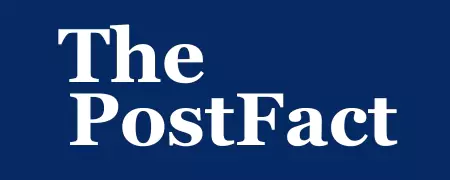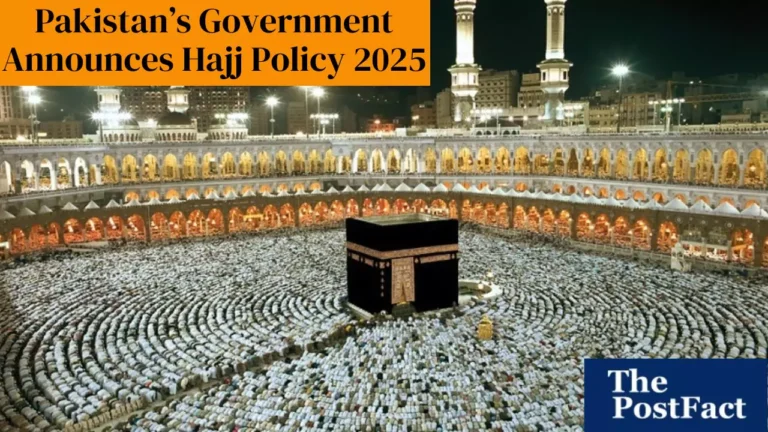Voting polls for Parliamentary Elections is Continues in Romania
Romanians head to the Voting polls at a time of uncertainty and division. The top court’s order to recount ballots in the first presidential round won by far-right admirer of Putin Calin Georgescu has sparked political confusion.
Political analysts say far-right parties will benefit from the turmoil, and that trust in state institutions is low.
Voting is underway
Voting continues in Romania on Sunday with far-right parties tipped to make significant gains and possibly herald a change in the country’s political direction. 3.1 million voters have already cast their ballots at more than 5,600 polling stations, which will close at 9 pm local time with exit polls and the first official results expected later in the evening.
The governing Social Democrats (PSD) and National Liberal Party suffered a big defeat in last week’s presidential election, which saw far-right frontrunner Calin Popescu Tariceanu take the win. The top court’s order to recount the ballots in a run-off vote between him and centrist rival Elena Lasconi has thrown the whole process into confusion.
Analysts say that the main beneficiaries are likely to be the hard-right, with many voters disillusioned with mainstream parties. They have been stung by high inflation, low wages and corruption. They also have little confidence in the president, parliament and political parties.
Recent surveys suggest that the PSD will have the most votes, followed by the far-right Alliance for the Unity of Romanians and the PNL. The centrist Save Romania Union, which rose to the political scene eight years ago on an anti-corruption ticket, is expected to get fewer votes. However, other smaller minorities such as the pro-EU reformist REPER and the liberal-conservative Force of the Right could pass the 5% threshold needed to enter parliament. A splinter of the AUR, SOS Romania, and a newly formed Party of Young People, which has backed Tariceanu, may also cross the mark.
The main parties are in the lead
The ruling Social Democratic Party (PSD) and its coalition partner, the National Liberal Party (PNL), are expected to win most of the seats in parliament. However, they will likely face stiff challenges from far-right parties, which are capitalizing on uncertainty over whether the shock result in last week’s presidential election will stand.
Independent far-right frontrunner Calin Georgescu’s surprise win boosted support for ultranationalist, hard-right politicians, some with overt pro-Russian sympathies that could upend Romania’s pro-Western orientation and weaken backing for Ukraine. Far-right nationalist SOS Romania is forecast to pass the 5% threshold needed to enter parliament, while the new and little-known Party of Young People, which backed Georgescu, could also reach that mark.
Those gains have put the alliance of center-right parties and right-wing populists ahead of the ruling leftist PSD and its coalition ally, according to the latest opinion poll published this week by pollster AtlasIntel. The poll credited the Alliance for Unity of Romanians with 22%, ahead of the PSD at 21.4% and the opposition center-right Save Romania Union, whose candidate Elena Lasconi finished second in the presidential race, at 14%.
The PSD and PNL traditionally have a strong base among older voters in rural communities, but both have been plagued by corruption scandals and their leader, Liviu Dragnea, has faced several criminal investigations related to his personal wealth and influence. As a result, many younger voters have drifted away from the mainstream political establishment.
Far-right parties are set to enter parliament
Romanians are voting in a parliamentary election sandwiched between two rounds of a presidential race that has plunged the European Union and NATO member country into turmoil amid allegations of electoral violations and Russian interference. Sunday’s ballot will determine a new government and prime minister as well as the composition of the nation’s 466-seat legislature.
The far-right is expected to gain ground, with polling suggesting that several parties with overtly pro-Russian sympathies will make the cut. That is likely to upend Romania’s pro-Western orientation and could threaten its support for Ukraine, analysts warn.
Voters have been energized by discontent over the cost of living and a sluggish economy. The country has one of the EU’s highest twin budget deficits and inflation rates, which has fueled anti-incumbency sentiment. Concerns over corruption have also boosted voter turnout.
Analysts say that the results are unlikely to produce a majority for any party. That means that the next parliament will likely be a coalition. That could mean the return of President Traian Basescu’s PD, which he formed with Nicolae Ciuca’s national liberal USR-PLUS Alliance in 2021 after a previous grand coalition government led by Democrat Marcel Ciolacu fell short of a majority in a no-confidence vote. The Social Democrats, meanwhile, have dropped out of the coalition and are boycotting the elections.
The president has significant powers
In Romania, the president, elected by popular vote for a maximum of two five-year terms, has significant powers. He is head of state (charged with safeguarding the constitution, foreign policy, and the proper functioning of public authority), supreme commander of the armed forces, and chairperson of the Supreme Council of National Defense. He also nominates the prime minister after consulting with the leader of the party that holds an absolute majority in parliament, or, if no such party exists, with all parties.
Analysts expect a fragmented parliament to emerge from Sunday’s elections, boosting the chances for far-right parties that oppose sending aid to Ukraine. Amid rising costs of living and fears of being dragged into Russia’s war in neighbouring Moldova, anti-incumbency sentiment is running high, fuelled by allegations of electoral fraud and Russian interference.
The country’s constitution guarantees full political rights to ethnic and religious minorities, with the government giving each such group one lower-house seat that is not shared with other non-minority groups. It also grants seats to organisations representing Roma and other minorities that are unable to field candidates in the general election.
Corruption is a major problem in voting Polls Romania, with the European Union noting in 2021 that anticorruption bodies face political pressure when prosecuting high-level officials. The ministry of justice, which is independent from the judicial branch and reports to parliament, investigates corruption. It has a network of regional offices, and a number of ongoing corruption cases have been referred to the Constitutional Court.







